Publications
Articles, publications, books, tools and multimedia features from the U.S. Institute of Peace provide the latest news, analysis, research findings, practitioner guides and reports, all related to the conflict zones and issues that are at the center of the Institute’s work to prevent and reduce violent conflict.

Andrew Cheatham on the Private Sector’s Role in Conflict Resolution
As the international community discusses new approaches for building peace, the private sector is “increasingly a major part of these geopolitical discussions,” says USIP’s Andrew Cheatham, with more and more “partnerships of states and private sector corporations working together to pursue national interests.”
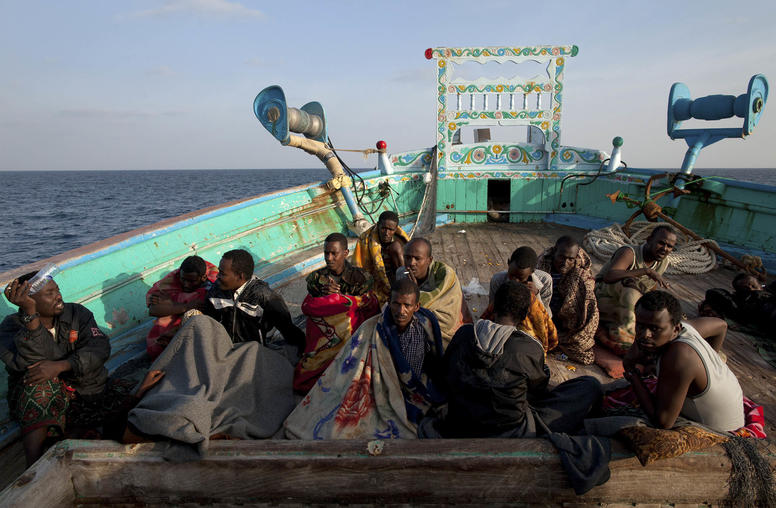
In a Multipolar World, the Private Sector Can Be a Force for Peace
As the world transitions to a more multipolar, competitive landscape, this is an important moment to take stock of the role of the private sector, particularly multinational enterprises, in the genesis and resolution of armed conflict. Today, the world’s biggest corporations are wealthier than many nations and the private sector is playing an increasingly important role in geopolitics. At the same time, we are seeing a rise in violence and conflict that threatens to pose major risks to business around the world.
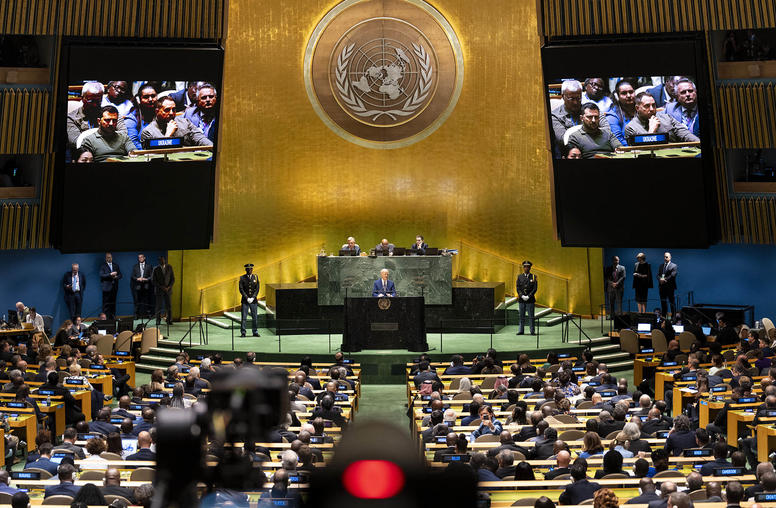
Amid Alarming Rise in Conflict, Multilateralism is the Only Answer
At the opening of the 2023 session of the United Nations General Assembly (UNGA), Secretary-General António Guterres highlighted for world leaders the preamble of the organization’s Charter, which says that the “people of the United Nations” are “determined to save succeeding generations from the scourge of war.” Yet, he explained that “instead of ending the scourge of war, we are seeing a surge of conflicts, coups and chaos.” Indeed, in 2022, there were 55 state-based and 82 non-state conflicts raging around the world, and the period from 2017 to 2021 saw the highest death tolls from non-state actors in armed conflict since 1989.
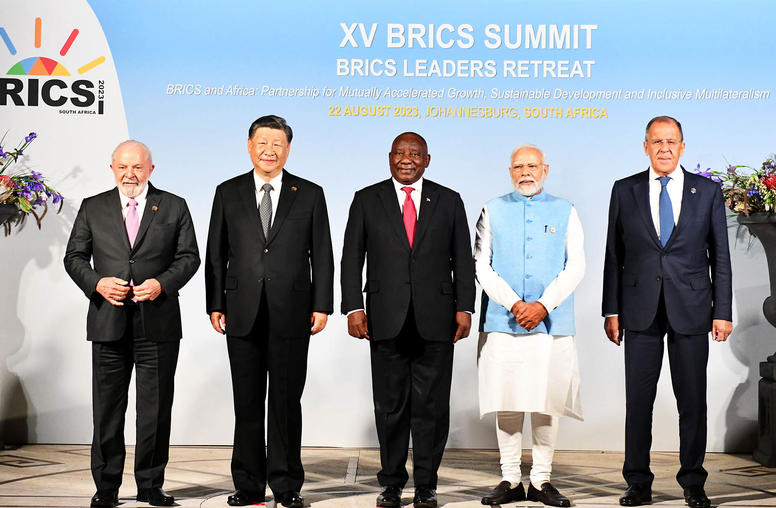
Why the BRICS Summit Could Be a Big Deal
The leaders of the so-called BRICS (Brazil, Russia, India, China and South Africa) are gathering in Johannesburg this week in what is likely to be pivotal meeting for the bloc’s trajectory. Russian President Vladimir Putin will not be attending due to an International Criminal Court warrant. But Moscow and Beijing will be pushing for the group’s expansion in a bid to strengthen the bloc as an alternative to the U.S.-led liberal international order. Over 40 countries have applied to join. But there is division within the five members. Brazil and India fear that expansion will dilute their influence and impact their nonaligned foreign policies.
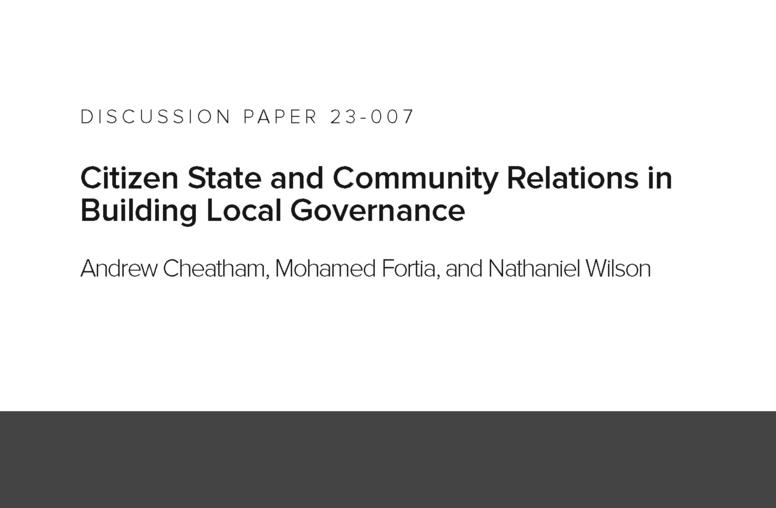
Citizen State and Community Relations in Building Local Governance
Since the revolution in 2011 and the toppling of the long-standing regime of Muammar Gaddafi, Libya has experienced various degrees of political instability and conflict. A succession of internationally supported “transitions” have failed to bring the Libyan people a functioning state with a clear social contract based on a shared vision for the nation. This paper discusses the present challenges for good local governance as perceived by Libyan citizens and institutional actors. Through this lens, recommendations are offered for immediate, short-, and medium-term initiatives that can support the improvement of citizen relations with the three traditional arms of the state—the legislative, executive, and judicial branches.
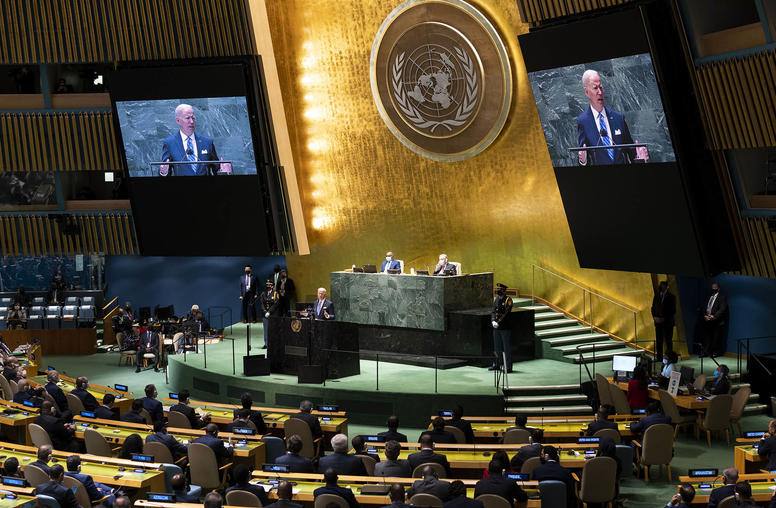
In Competition with China, the U.S. Should Double Down on Multilateralism
Against the backdrop of renewed great power competition and an emerging multipolar world, it is crucial that the United States prioritize its engagement within multilateral institutions, including those in the United Nations system. As China looks to supplant the U.S.-led rules-based order, Washington should foster better relations with developing nations and emerging powers, particularly those in the Global South. Even as the U.S.-China rivalry intensifies, Washington should avoid putting countries in a position where they must make zero-sum choices. How can Washington do this?

Andrew Cheatham on the Resurgence of the Nonaligned Movement
Rather than reinforce the Nonaligned Movement’s perception of a zero-sum choice between the U.S. and other great powers like China, the U.S. should work with allies to offer “a bigger package that helps serve the people and is ultimately more sustainable than what China has to offer,” says USIP’s Andrew Cheatham.
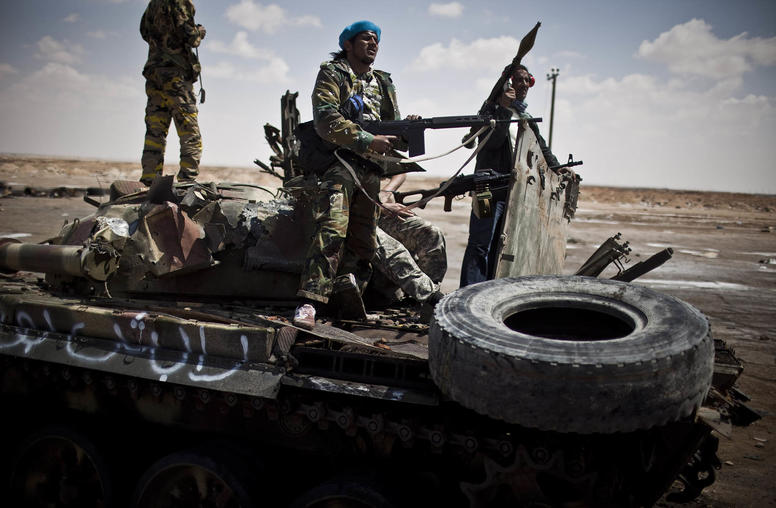
Libya Can Move Past Its Political Deadlock, But It Will Take Work to Maintain A ‘Deal’
Since 2012, multiple failed political transitions have taken their toll on the Libyan people. The continued and increasingly complex internal divisions and external vectors affecting Libya threaten to send it into another spiral of crisis and violence. Local and national leaders working in good faith to stabilize the country have inevitably grown cynical as ruling elites and their international partners fail to deliver local security and good governance.
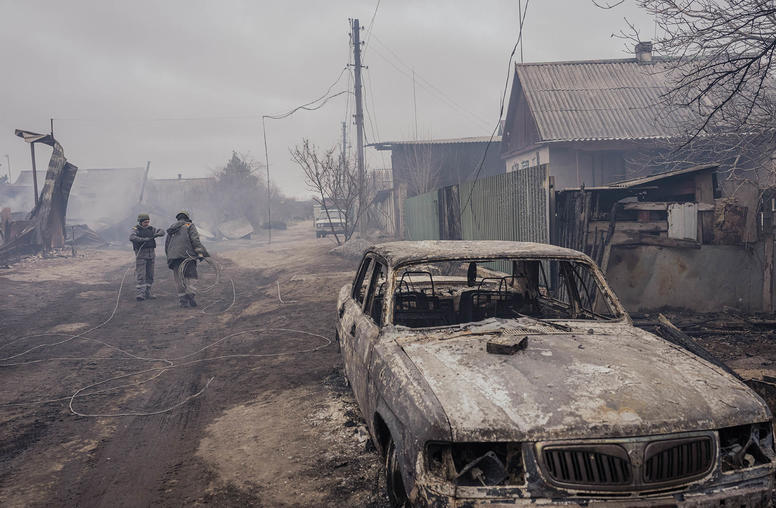
It’s Not About Picking Sides: The Nonaligned Movement and Russian Aggression
For nearly 80 years, the world has benefited from the post-World War II international legal prohibitions and norms outlawing aggressive war. While this relative peace and stability was threatened during the Cold War, a group of countries — called the nonaligned movement (NAM) — came together to declare their aversion to the bloc politics of the United States and the Soviet Union. This nonaligned movement championed key principles of the U.N. charter, including respect for territorial integrity, sovereignty and nonaggression.
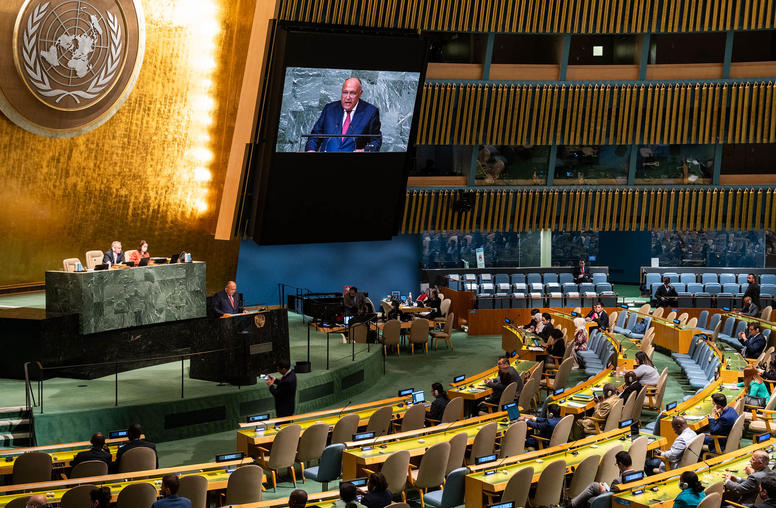
The New Nonaligned Movement Is Having a Moment
Russia’s invasion of Ukraine has accentuated emerging geopolitical trends that have coincided with the rise and intensification of great power competition. The re-emergence of the nonaligned movement (NAM) as a geopolitical force is perhaps the most salient example. Indeed, this month’s edition of Foreign Affairs — a reliable barometer of key trends in international affairs — is dedicated to the “nonaligned world.” By definition, NAM states do not want to be forced to choose sides between the United States and/or Russia and China. But as we move into a multipolar era of accelerating great power competition, these states will find themselves caught between major powers.